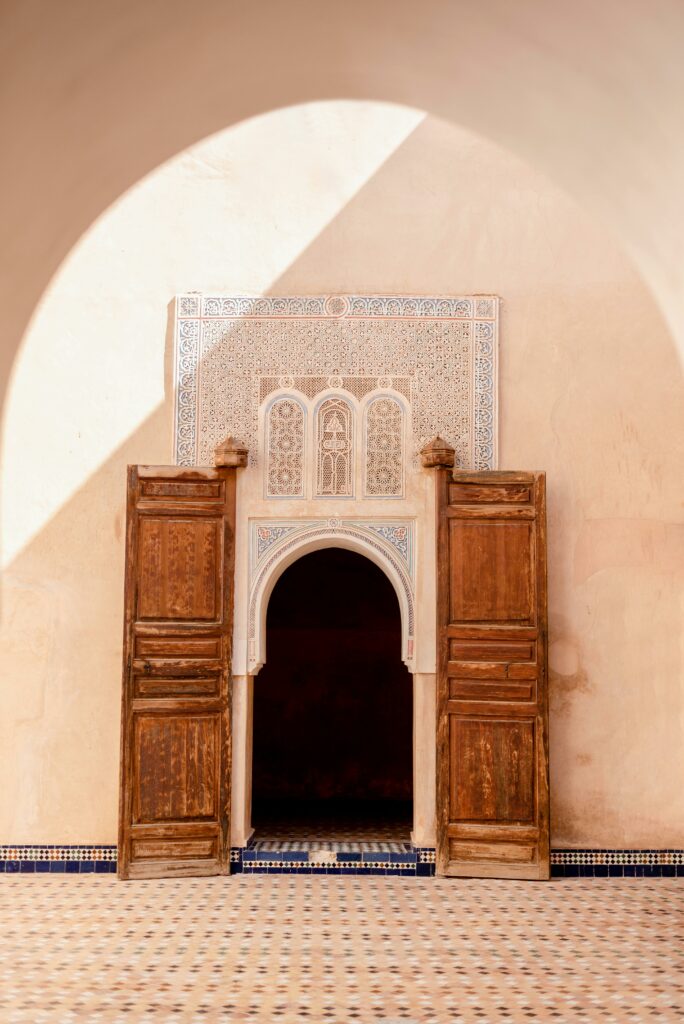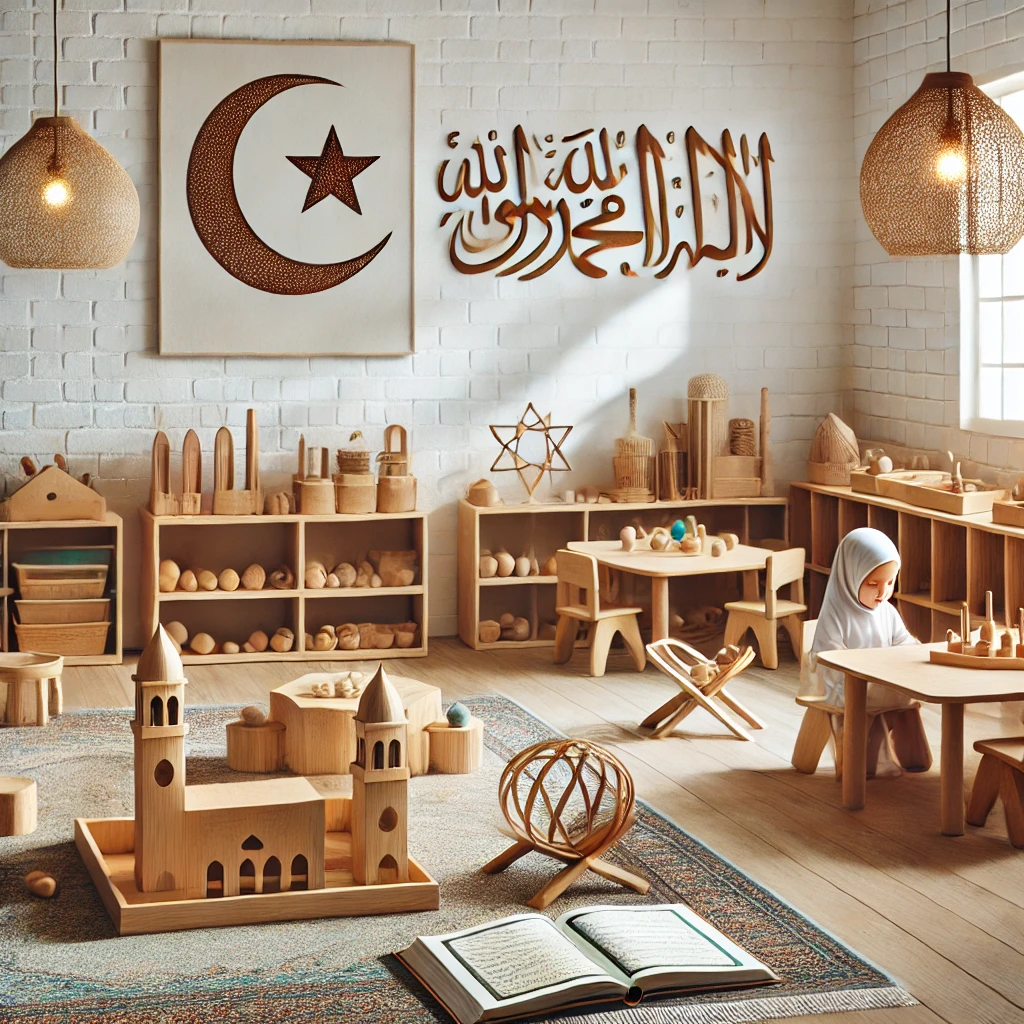Discover the Richness of Arab Culture with Al-Dirassa Institute: Learn Arabic, Islam, and the Quran Online

Discover the Richness of Arab Culture with Al-Dirassa Institute: Learn Arabic, Islam, and the Quran Online Introduction: The Enormous Richness of Arab Culture Arab culture is a treasure trove of ancient knowledge and traditions that have shaped centuries of civilization. As the language of Islam and a vast geographical region, Arabic is the key to […]
Montessori Education in Islam: A Unique Approach

Montessori Education in Islam: A Unique Approach to Raising Muslim Children The Montessori method, although developed in a secular context by Maria Montessori, shares many principles compatible with Islamic teachings. By integrating these two perspectives, educators and parents can provide a rich educational environment that respects Islamic values and supports the holistic development of children. […]
What is Riba in Islam | Al-dirassa Institute

What is Riba in Islam ? Islam, a faith followed by over a billion people worldwide, is not just a religion—it’s a comprehensive way of life. Its teachings, derived from the Qur’an and the Sunnah (traditions of the Prophet Muhammad), extend beyond mere acts of worship, guiding believers in a plethora of life’s arenas, including […]

